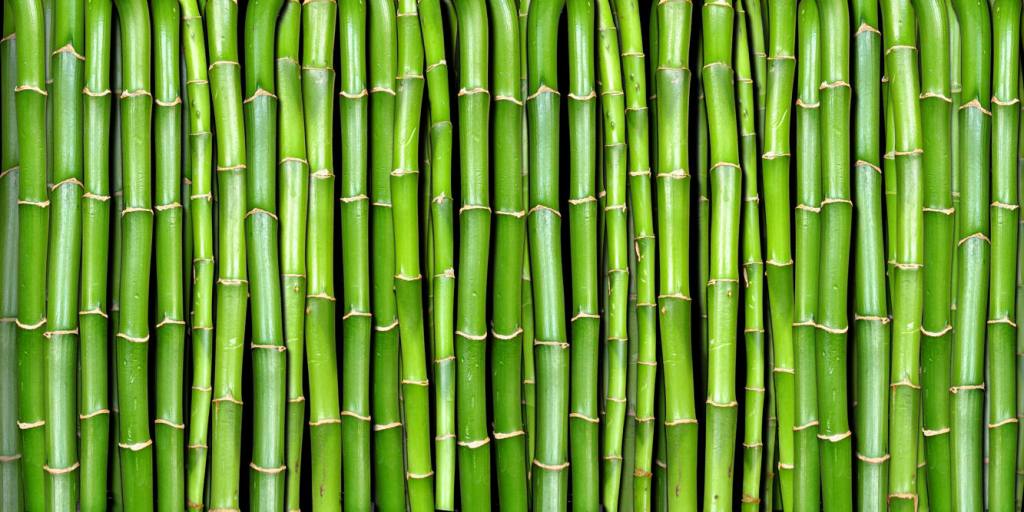
As the world grapples with the implications of global warming, which is wreaking havoc recklessly world over, more recently marked by the exhortations of the Hon’ble Prime Minister of India Shri Narendra Modi at the 14th Conference of Parties of the United Nations Conference on Combating Desertification, a key focus has been on how to bring back biodiversity that we have so rapidly lost in recent decades, and restore balance of nature. Multiple efforts are being invested in this project that is nothing less than an effort to save humanity’s chance to survive peacefully on this only living planet.

Re-greening our planet, by allowing forests and grasslands to re-generate, and wetlands to thrive again, as also cooling and calming our overburdened and over-heated cities, and in the process capturing too much carbon that has dangerously ended up in our atmosphere, are commonly spoken of. But how is one to achieve that in the little time left to restore planetary scale ecological balance, given that the Intergovernmental Panel on Climate Change has held the world has but only a dozen years to get its act right.
A key determinant of the success of such rapidly needed interventions is that it has to be accessible to all, cost effective, resilient and capable of self-regeneration. Quite astonishing, the answer to this predicament has always been before us, and almost everywhere. It has been in the propagation of Bamboo – the fast growing grass that has multiple uses: in construction, as a soil binder, as a soil builder, in purifying water, in carbon sequestration, as biodiversity haven, and as provider of nutritious food. India is home to tens of varieties of this wonder plant, and there is a long and hoary tradition, still surviving amongst the knowledge systems of tribal and forest dependent communities, of nurturing bamboo to support our diverse demands and in a most sustainable way.
Yet, it is a matter of concern that the propagation of bamboo has remained peripheral to our re-greening efforts. A major reason for this situation is the systemic reliance on promoting trees as a method of addressing our forestry needs, and of late in tackling climate change. Bamboo cultivation, meanwhile, despite all its potential, remains neglected. The Bamboo Society of India was established in 1980 to fill this critical gap in our systems approach, and to promote the cultivation and propagation of this plant as part of a agro-forestry approach to tackle environmental degradation. Much progress has been achieved since, and there is still a long way to go.
To assist in this process of propagating bamboo, the Bamboo Society of India’s Karnataka Chapter has organized a Bamboo Cultural Festival on 18th September 2019 at Lalbagh Botanical Gardens, on the occasion of World Bamboo Day. The Chief Guest of this special and unprecedented event is octogenarian Mr. S. G. Neginhal, IFS (Retd.) who set off the greening movement in Bangalore and many other metropolises across India during the 1980s. Mr. Punathi Sridhar, IFS, Principal Chief Conservator of Forests of Karnataka Forest Department will grace the occasion along with other dignitaries. The details of the programme, which includes workshops on the multiple uses of bamboo, a special bamboo music concert, an unique bamboo fabric based fashionshow, and sales of bamboo based food and handicrafts, is enclosed.
 Together we can ensure our cities and villages are re-greened very quickly, with little economic burden and maximal socio-economic and ecological benefits, all due to the wondrous capacity of Bamboo. All we need to do is to plant it, take care of it for a while, and then wait has it erupts into life to green our landscapes and bring back biodiversity and more.
Together we can ensure our cities and villages are re-greened very quickly, with little economic burden and maximal socio-economic and ecological benefits, all due to the wondrous capacity of Bamboo. All we need to do is to plant it, take care of it for a while, and then wait has it erupts into life to green our landscapes and bring back biodiversity and more.
Please Note:
Announcing the Bamboo Cultural Festival in Bangalore to be held on 18th September 2019 at Lalbagh Botanical Gardens, Bangalore
For more Contact: 97318 14333 / 94443 35600



































